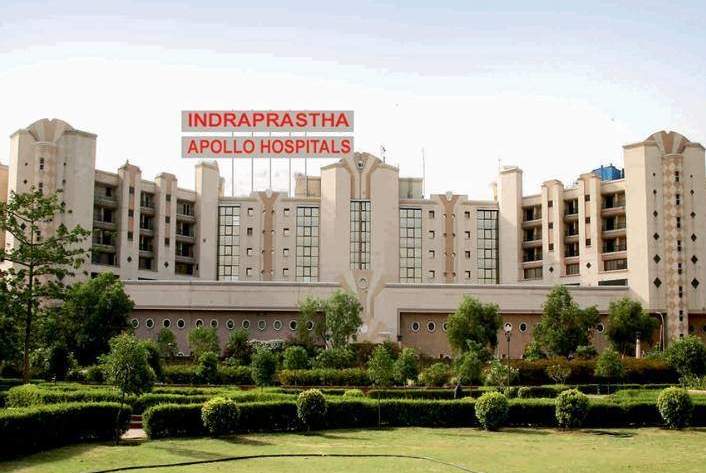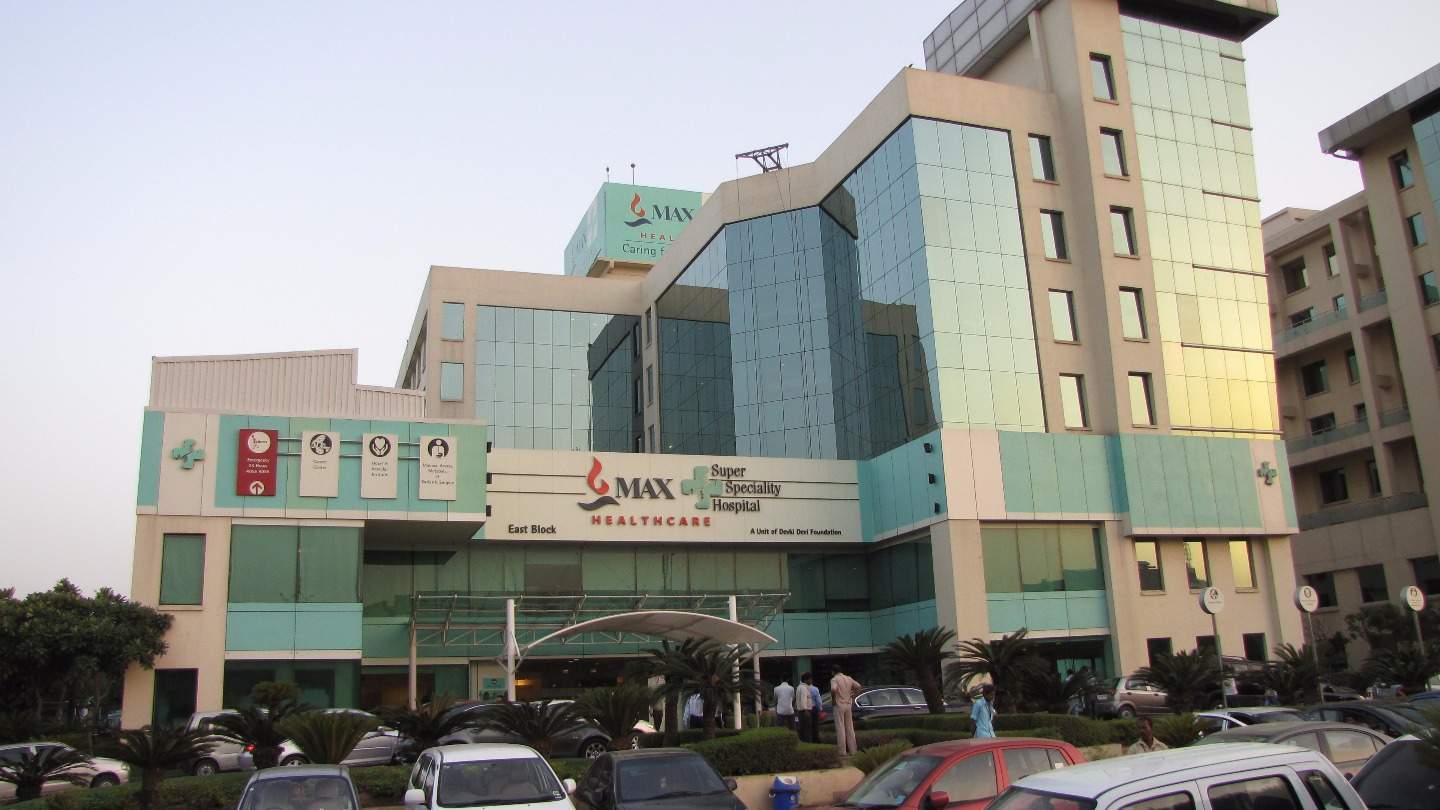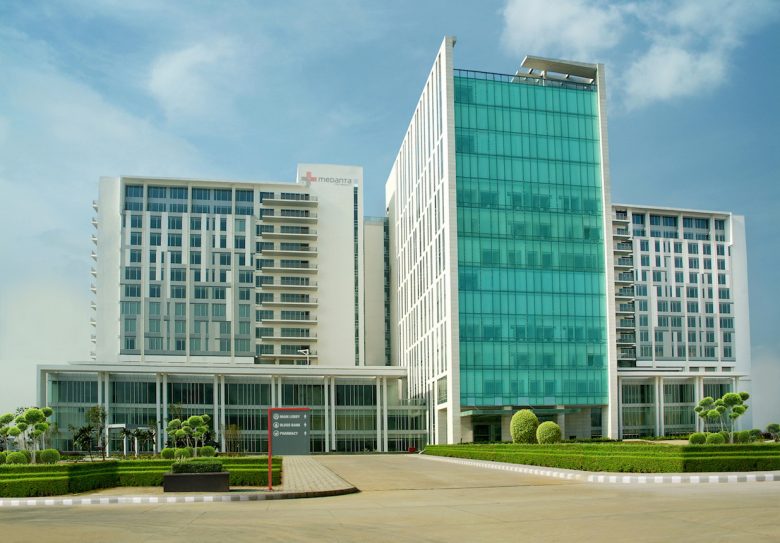Lung Transplant Surgery In India Treatment and Cost

3 No of Traveler

22 Days in Hospitals

30 Days Outside Hospital

52 Total Days in India

Treatment starts from
$ 40000
Lung Transplant Surgery In India
Surgical replacement of a damaged or deteriorating lung with a functional lung, typically obtained from a donor who has passed away, is the goal of a lung transplant. People who have attempted to address their diseases with other medications or therapies, but their conditions have not improved sufficiently may be candidates for a lung transplant. A lung transplant in India may involve replacing only one of your lungs or both of them, depending on the severity of your medical condition. In some cases, doctors may also take the lungs from a donor and the heart.When does one need a lung transplant?
If your lungs are not healthy or injured, it may be challenging for your body to receive the oxygen it needs to live. Your lungs are susceptible to damage from a wide range of diseases and ailments, impairing your capacity to perform effectively. The following are among the most frequent causes:- Emphysema and other forms of chronic obstructive pulmonary disease (also known as COPD).
- Lungs that have been scarred as a result of damage (pulmonary fibrosis).
- Lung hypertension is caused by high blood pressure (pulmonary hypertension).
What happens during the surgery?
The potential recipient of a lung transplant surgery in India will be notified when matching donor lungs become available. They will be rushed to the transplant center to prepare for the operation. The medical team members will travel to the location of the dead donor to conduct an examination of their lungs. They also determine whether or not they are eligible for transplants. If they are, the recipient has surgery as soon as the lungs are on their way to the transplant facility. Surgeons can conduct a single or double lung transplant. There are positives and negatives associated with each approach, and making a decision will depend on the recipient's lung illness and other aspects of their situation. During a lung transplant, the surgeon will make a big incision in the patient's chest. Depending on the type of lung transplant, the incision varies:- An incision can be made solely on one side of the patient's chest.
- During a double lung transplant, a cut is made across the full front width of the chest or on both sides.
- During the surgery, the patient is given general anesthesia, which puts them to sleep. Some people who are getting a lung transplant will need to have a cardiopulmonary bypass done while they are in surgery. When a person is on bypass, a machine pumps and oxygenates their blood instead of their own heart and lungs.
What is the after-care procedure?
Your transplant team will regularly monitor you and assist you in managing the negative effects of the immunosuppressant drugs you are taking. Infections could be monitored and treated by your transplant team as well. To help you avoid getting infections, your doctor may recommend that you take antibiotics, antiviral, or antifungal medicine. Your surgical team may also inform you about methods in which you can assist in preventing infections while you are at home. Doctors will also examine you for any indications or symptoms of resistance. They include chest tightness, temperature, cough, or breathlessness. You must communicate with your transplant team if you experience any signs or symptoms that may indicate rejection. After getting a lung transplant, you will usually have to make changes to your life that will last for a long time:-
Using drugs that suppress the immune system
To suppress your immune system and prevent rejection of the donor lung or lungs, you will need to take immunosuppressant medicine for the rest of your life. -
Setting up a regular pattern for yourself to follow to ensure that you don't forget to take your prescription is a smart approach
You should always list the prescriptions you take with you in case you require immediate medical assistance. Additionally, you should inform each of your doctors about the medications you already take whenever you have been prescribed a new medication. -
Adopting and maintaining a healthy way of life should be your priorities
Maintaining your new lung will be much easier if you adopt a healthy lifestyle. Your doctor may tell you to stop using tobacco and drink less alcohol. Eating a diet full of nutrients can also help you keep your health in good shape. -
Physical therapy
Soon after your lung transplant surgery, you will start participating in physical therapy. It includes exercise, an extremely important component of the rehabilitation process. The people on your health care team will probably work with you to come up with an exercise plan that fits your needs. After your transplant, your physician may suggest that you participate in pulmonary rehabilitation. Pulmonary rehabilitation is a program that consists of exercise and education. It aims to enhance both your ability to breathe and your day-to-day functioning. -
Seek support on an emotional level
You may feel overwhelmed as a result of your new medical therapies and the stress associated with receiving a lung transplant. This is a prevalent emotion among persons who have received lung transplants. -
Talk to your primary care provider if you feel overwhelmed or stressed out
Support groups and other services are frequently available at transplant centers. They will assist you in managing your illness.
Top Hospitals
Indraprastha Apollo Hospital
Established in 1996, Indraprastha Apollo Hospital is NABH, NABL and JCI accredited. Apollo Group offers 10,000 beds across 64 hospitals, more than 2,200 pharmacies, over 100 prima... Sarita Vihar, Delhi-Mathura Road , New Delhi, India, 110076
Sarita Vihar, Delhi-Mathura Road , New Delhi, India, 110076
 No. Of Beds: 1000
No. Of Beds: 1000

Max Super Specialty Hospital Saket
Max Super Speciality Hospital in Saket was founded in 2006 Awarded for its initiatives towards customer experience improvement & for patient safety at FICCI Healthcare Excelle... 1,2 Press Enclave Road, Saket , New Delhi, India, 110017
1,2 Press Enclave Road, Saket , New Delhi, India, 110017
 No. Of Beds: 252
No. Of Beds: 252

Medanta The Medicity
One of the largest multi super specialty hospital located in the busy Gurgaon city, Medanta hospital is the brain child of Dr Naresh Trehan, a world renowned cardiovascular and cardiothoracic su... Sector 38, CH Baktawar Singh Road, , Gurgaon, HR, India, 122001
Sector 38, CH Baktawar Singh Road, , Gurgaon, HR, India, 122001
 No. Of Beds: 1250
No. Of Beds: 1250




